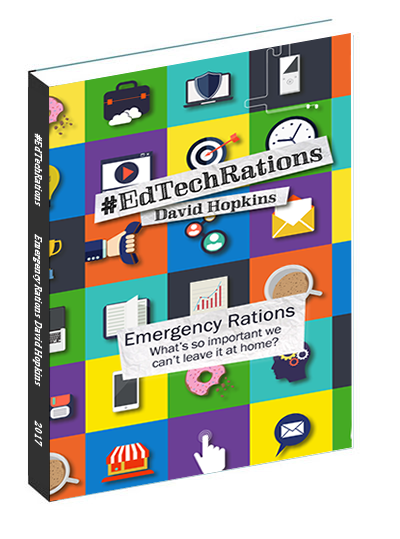If Facebook was a country …
If Facebook was a country … yeah, but it isn’t.
I like infographics and social media statistics, but this is the one that has always annoyed me. Liking Facebook (a global network) to the population of a single country is inaccurate.
However instead of saying “if Facebook was a country (population X) it’d be the largest” you said “if Facebook was a government of a country (with population X) it’d be the largest in the world” sounds far more accurate. It’s not about the position or the size of the population, for me it’s the appropriateness of the comparison to geographic countries or responsibilities to it’s ‘population’.
According to Wikipedia Facebook is marginally ahead of China in population, with China at 1.36 billion, and Facebook reportedly at 1.39 billion.
And this is really what it is – Facebook is not a country, it is a government, of sorts. It has ‘residents’ or ‘citizens’, they are real people (for the most part), they have communities and shared interests, passions, ‘likes’, they poll/vote, etc. and they do all this in the area their government is managing.
I’m sure Facebook probably knows more about it’s citizens than most governments do (it knows when we’re happy, sad, ill, socialising, etc.). What I’m not sure on, however, is how many other governments sell this data to other governments?
This reminds me of the opening track from the 22 year old Billy Idol album ‘Cyberpunk‘ where it says:
The future has imploded into the present.
With no nuclear war, the new battlefields are people’s minds and souls.
Mega corporations are the new government.
The computer generated info-domains are the new frontiers.
Though there is better living through science and chemistry, we are all becoming cyborgs.The computer is the new cool tool, and though we say “all information should be free”.
It is not.
Information is power and currency in the virtual world we inhabit, so mistrust authority.
Is there a similarity in these words and where we find ourselves today as we freely give our data, our currency, to the likes of Facebook, Twitter, Google, SnapChat, Apple, etc.?
Image source: Kārlis Dambrāns (CC BY 2.0)


















